Of Dragons, Turning Tides and Struggling Titans. How to Make Sense of the New World (Dis)order in Science
The global scientific landscape is shifting. But while incremental changes have been observable for years, the scientific community is now rocked by a series of significant tremors. In 2018, China became the world´s largest producer of scientific publications for the first time in modern history. Since then, reports on China as the new science powerhouse have been proliferating.
On the African continent, the shifts might be less spectacular, but nonetheless remarkable. Diverse indicators give proof that African science is firmly on the rise. Africa, for a long time rather object or beneficiary of Western scientific endeavors than an actor in its own right, now starts to make its own imprint on the scientific landscape. A few months ago the Next Einstein Conference gathered an impressive number of young researchers from all over Africa. The Middle East, on the contrary, might have disappointed those who were hoping for a renaissance of Islamic Science. Despite successes like the opening of the SESAME in Jordan, most regimes have reacted to the political turmoil of the recent years with prioritizing spending on security, defense and deradicalization over that on R&D. And beyond all these regional developments, we experience a growing importance of globalized science that evolves in a transnational space and follows its own logic.
What emerges is a new world (dis)order in science, that is remarkably non-simultaneous and definitely multipolar. The questions and strategic challenges that arise from this situation are just as manifold: How can we develop and implement shared global standards for ethics and transparency in science? How can we help globalized science to prosper and support the free flow of people and ideas – even in a world hampered by political turmoil? How can we make sure that research results are used for the benefit of humanity rather than as tools to advance the economic agenda of the single nation state? Can we rely on the self-organizing mechanisms of the scientific community to deal with these challenges? Or do we need new forms of global governance for science? And how will this new multipolarity change the traditional (Western) model of doing science?


